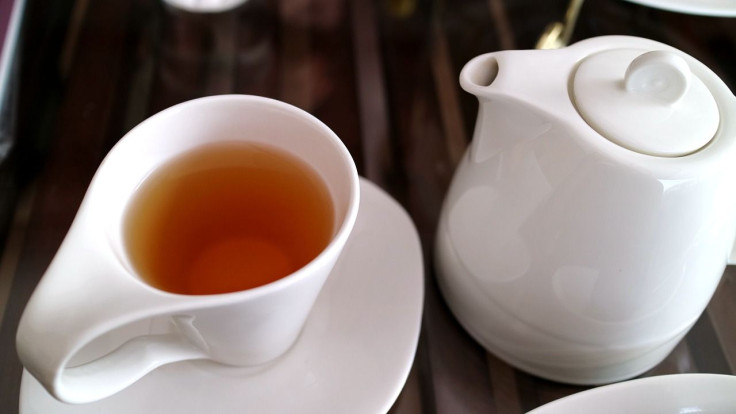Lower Your Blood Pressure Readings By Drinking This Asian Tea

When your blood pressure is constantly too high, then you may be suffering from high blood pressure. In this situation, your heart may have to work double-time to pump blood out and distribute it in various parts of the body.
High blood pressure has only minimal health risks during its early phase. However, it may lead to serious medical conditions like stroke or heart attack if left unchecked.
Minimizing the Risks
The risks of suffering from high blood pressure may be reduced or even prevented. The key is making some changes in your lifestyle, which include opting for healthy food and drinks.
Your diet plays a very important role if you want to lower your blood pressure. Health and medical experts are in agreement that cutting down on your salt consumption can help reduce the risk of high blood pressure. Adding more fruits and vegetables to your daily diet is also recommended.
A Beneficial Beverage
Scientific studies have also confirmed that drinking tea regularly can help lower blood pressure. It is also a great aid in lowering cholesterol levels and heart disease risk reduction.
In the case of tea, there is one type that outperforms the rest. Oolong tea, a traditional Chinese beverage, has a combined power of green and dark teas, providing you with many health benefits.
Made from Camellia sinensis plant leaves, oolong tea has a distinctive color and taste. The leaves of the plant are the same ones used in making black and green tea.
The leaves of the plant contain particular enzymes that produce a chemical reaction referred to as oxidation. This process transforms the green leaves into a beverage showing a deep black color.
Oolong Tea and Blood Pressure
US National Library of Medicine National Institutes of Health researchers concluded in their study the protective effect of regular oolong tea consumption. In their study, they found those who habitually drank oolong tea daily have lower levels of cholesterol with their blood pressure readings at normal levels.
A parallel study conducted by scientists in China found those who drank oolong tea regularly are at 39% lower risk of stroke. They also found regular oolong tea drinkers found their risk of developing high blood pressure reduced by up to 46%.
Medical professionals and scientists alike, however, warned that drinking oolong tea should be in moderation as it does contain caffeine, which may also raise blood pressure. Nevertheless, compared to a cup of coffee, the caffeine content in every cup of oolong tea is significantly lower. Scientists conclude that the effect, if any, on blood pressure when drinking this traditional Chinese beverage is small.
© Copyright IBTimes 2024. All rights reserved.





















